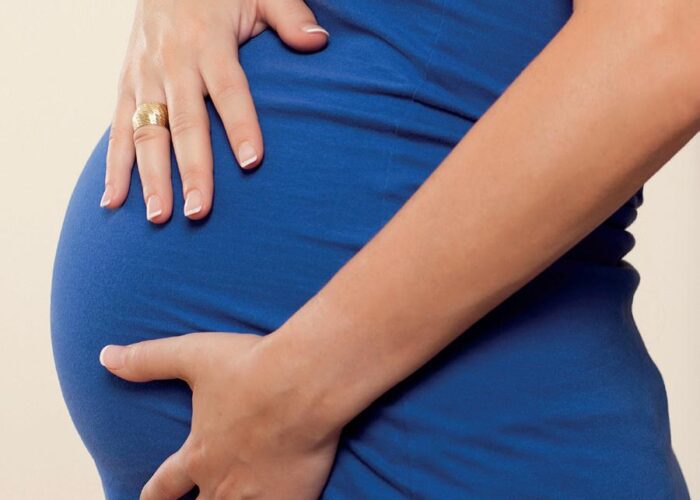
A third of new mums could be suffering with anxiety and depression through lockdown without having a clinical diagnosis.
These are the revealing findings of a study into how the Covid-19 pandemic has impacted the mental health of new mums.
Liverpool John Moores University researcher Siân Davies is part of the research team that has recently co-authored an article that shows around 200 of the 600 women studied met the criteria for anxiety and depression.
She said: “As perinatal mental health researchers, we are already aware that the postnatal period can be a time during which mothers are vulnerable to the development or worsening of mental health related concerns.
“The lockdown restrictions included reduced access to care and services, and limited or no social contact with family and friends. This was something we hypothesised would be associated with an increase in mental health problems for new mothers.”
The study was a part of a mixed-method cross-sequential design. The team of researchers will be examining the experiences of pregnant women and new mothers over three waves with quantitative and qualitative data.
Miss Davies said: “This was data from the first lockdown between April and June 2020 and so the findings are only generalisable to that period of time. We use a statistical analysis technique called binary logistic regression in this paper to draw inferences about the general population and make conclusions.”
She explained how the team expected to see a negative impact on mothers due to the pandemic, however they didn’t anticipate to see such a high proportion of women in the study reporting clinically relevant depression and anxiety without a formal diagnosis.
Wirral mum, Jodie, has a three-year-old son and an 11-month-old daughter. Jodie has had a formal diagnosis and struggles with feelings of anxiety and depression. She said her support system crumbled due to the pandemic.
“Lockdown in March 2020 was announced one week before I gave birth and it removed nearly all of the support system I had been preparing for a long time. I was diagnosed with post natal depression (PND) when my daughter was four-months-old and I am now on medication again.”
In line with the research findings, Jodie isn’t alone.
She said: “Many of my mum friends are struggling. My best friend gave birth seven weeks after me and her son has had to have several visits to the hospital.
“When he’s been admitted into the hospital, she must be away from her two-year-old daughter while she’s with him, or her partner must stay with him and then she’s away from her son.
“With my group of mum friends there is a lot of feeling of guilt that our pre-school age children are missing out on being able to go to the places they’re used to going and missing out playing with their friends. Many of them are having to adapt to parenting while a partner is working from home and this has brought a strain to their relationships.”
Jodie said it is important that mums have somewhere to seek support if they need it, something she has found useful.
“The amount of support for mums in the Wirral is huge, however, if you don’t know where to look or you’re not in a place the help is advertised it can be difficult to access it. As I’ve had PND before I was confident with where I needed to go for help.
“There are many community groups and teams who are working to support mums. In addition to the support at Koala North West, I’ve found Foundation Years Trust, Maurice and Friends and Wirral Unplugged helpful with providing play ideas, resources and online Zoom calls where you can have a chat with other parents”
If any parents are struggling with their mental health and need support, you can find a list of important helplines HERE.
The research team are as follows: Dr Vicky Fallon, Miss Siân M Davies, Mr Sergio A Silverio, Miss Leanne Jackson, Dr Leonardo de Pascalis, and Dr Joanne A Harrold.

